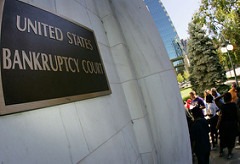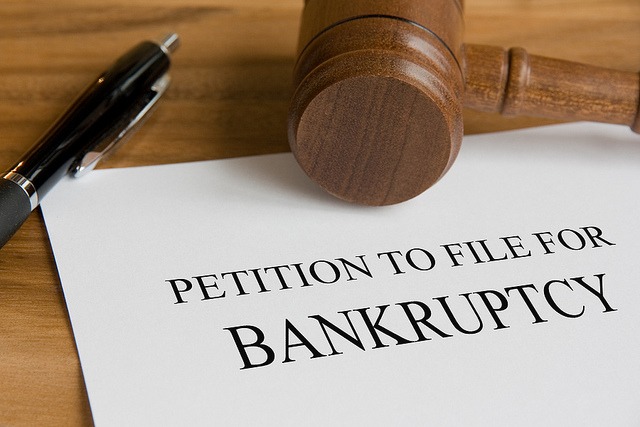Frequently, my bankruptcy clients come to me after reaching out to debt consolidation companies. They want to solve their debt problems by avoiding bankruptcy. They have already paid thousands of dollars with very unsatisfactory results.
I’m all for avoiding bankruptcy if possible, but are these companies legitimate? Can they really help?
Here is a typical scenario:
Clients have about $50,000 in debt. The net income is around $4,000 a month. The debt consolidation agency tells the clients if they pay $1,200 per month they could pay off the debt over a 52 month period. The service fees range from $50 – $150 per month or more. Recently, my client, who receives Social Security and a small pension told me she was paying $1900 per month!
Here’s my reaction: these companies are not doing anything the clients couldn’t just do themselves. They are paying $mega bucks per month for somebody to make phone calls and send out checks.
But, I got to wondering – do they EVER work? So, I asked my friend, Sam, a debt collector. Here’s what he said:
“As a debt collector, I’ve had occasion to deal with a number of debt settlement companies, and can say I NEVER think it’s a good idea for a consumer to employ the services of such a company. First, these companies simply do not do anything for a consumer that he or she could not do for his or herself. (I thought so!) Second, it’s ridiculous for a consumer to pay thousands of dollars to such a company when those dollars could actually go to paying down debt. Third, and this is the big one, when a consumer hires a debt settlement company, collectors look at that action as an invitation to sue. Why? Debt collection success is predicated on communication with a debtor. If a collector cannot speak with a debtor, make payment arrangements, etc., there is nothing left to do but file suit.”
Then I asked Donna, a consumer advocate lawyer friend of mine, what she thought about these companies. She said:
“HIGH potential for scam activity with these things. I’ve heard of them taking the payments and never giving them to the creditors – putting the debtor in an even worse situation.”
Then I asked her, “Can’t these folks just do the same thing for themselves?”
Typical lawyer, Donna answered, “Well, yes and no. Sure the debtor can talk to his own creditors and negotiate with them. But it’s about as effective as a non-lawyer representing himself in litigation. A lawyer or advisor who knows what he is doing will likely produce a much better result. Of course, it’ll cost something to achieve.”
Last, I asked my bankruptcy guru lawyer friend, Steve, and he added this to the debate: “The Fair Trade Commission added debt settlement to its telemarketing sales rule, but this only regulates a debt settlement company who talks to clients on the phone, including if a client calls them. It prohibits upfront costs, but there is no cap on the amount of fees they can charge. And, there is no regulation of internet companies.”
So there you have it! When the evil debt collector, the consumer advocate, and the bankruptcy guru all agree on something, you have to take notice!
Before you hire a for-profit debt settlement company, call the Law Office of Debra G. Simms. Toll free: 1-877-447-4667 for your consultation.
Debra G. Simms

 Our Federal Court has come through for homeowners who have second mortgages or Home Equity Loans where their home is not even worth what is owed on the first mortgage! Homeowners who have such mortgages can get rid of them in
Our Federal Court has come through for homeowners who have second mortgages or Home Equity Loans where their home is not even worth what is owed on the first mortgage! Homeowners who have such mortgages can get rid of them in  This time of year many of my clients are considering bankruptcy. They have held off as long as possible and now that the holidays are over, they know they need some debt relief. The most frequent question asked is: How badly will bankruptcy affect my credit score?
This time of year many of my clients are considering bankruptcy. They have held off as long as possible and now that the holidays are over, they know they need some debt relief. The most frequent question asked is: How badly will bankruptcy affect my credit score?
